Would you read what an economist has to say about love? Would you stick with the book if it detailed the costs of love?
I would, as long as that economist was Jennifer Roback Morse. She’s no longer a professor at George Mason University (motherhood intervened) but in Love and Economics: It Takes a Family to Raise a Village, Dr. Morse turns her economist eyes on the question of “What Makes Society Work?”
She “makes a foundational argument that the family is an irreplaceable social institution. We can not replace the married couple family with a series of contracts among adults, as some libertarians and economists might argue.”
Economists build their theories on the assumption that society is built on person-to-person exchanges based on “rational choice, or deliberation,” or exchange of property. Being wonks who labor all day in offices, they forget that society also includes babies, who aren’t exactly economic free agents.
No, they are helpless, self-centered bundles of need who must be cared for somehow. Morse names the two skills babies must learn, and they learn them in a few thousand unquantifiable daily interactions. They learn these skills when Mom hands them a graham cracker, when Mom plays peek-a-boo.
If they learn them well, they turn into adults who further the common good. “In a free society, compliance cannot be forced. The child learns necessary self-restraints that, collectively, make a free society work.”
But somebody has to teach them.
What if we rely on babysitters? Or orphanage workers? While we appreciate the work these people do, they can’t replace parents. And if they are to do any good at all, they too need to have learned decent behavior and “necessary restraints” from . . . somewhere.
Morse’s book germinated as she observed the differences between her biological child and the child she adopted from an orphanage.
But she’s too well-trained to stop with the observations gleaned from her own nursery and kitchen. She mines the data, then makes her case that a free society cannot work without . . .
Love.
Morse can, no doubt, quote chapter and verse from Adam Smith, the father of free market theory. He “concluded that justice was more fundamental to the foundation of society than love since love could be dispensed with while justice could not.”
“Smith did not realize,” Morse answers, “that without love present in the background, a much larger fraction of people would be always ready to injure one another. He seems to have assumed that people develop a sense of justice naturally. The conditions of his particular time and place induced him to inquire into the nature and causes of the wealth of nations. . . . Nothing in the social environment of his time led him to inquire into the nature and causes of the disposition to cooperate.”
Since then, we’ve had ourselves a sexual revolution. In its first heady days, “those norms,” says Morse, were “criticized as an oppressive double standard. Perhaps in some ways they were. But who could have imagined the extent and depth of the changes in acceptable behavior over the course of such a short time. . . .
“The combination of changing legal rules about divorce and social norms of sexual behavior has induced people to change their view of what is in their interest not only at the moment a marriage ends but throughout their lives. . . . The current situation creates perverse incentives, that is, incentives to do things that are not really in one’s long-term interest or in the interest of others.”
My religious commitments obligate me to live out and argue for traditional morality. But sometimes, “God said so” feels a little thin. Sometimes, we can use a bright mind who produces a practical argument for why children need a married mother and father.
To me, Morse’s book was a feast, a gorge, a calorie-free binge.
I recommend it to you.
Photo credits:
Family by the ocean: Emery Co Photo on Visualhunt.com / CC BY-SA
Bride & groom: Jennifer Silverman on Visualhunt / CC BY
Parents & baby: mynameisharsha on Visual Hunt / CC BY-SA
Family, gathered: PersonalCreations.com on VisualHunt / CC BY


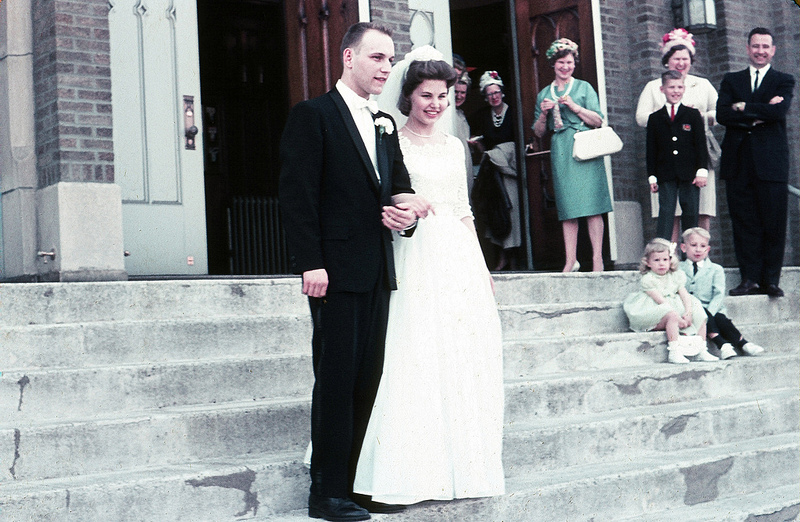
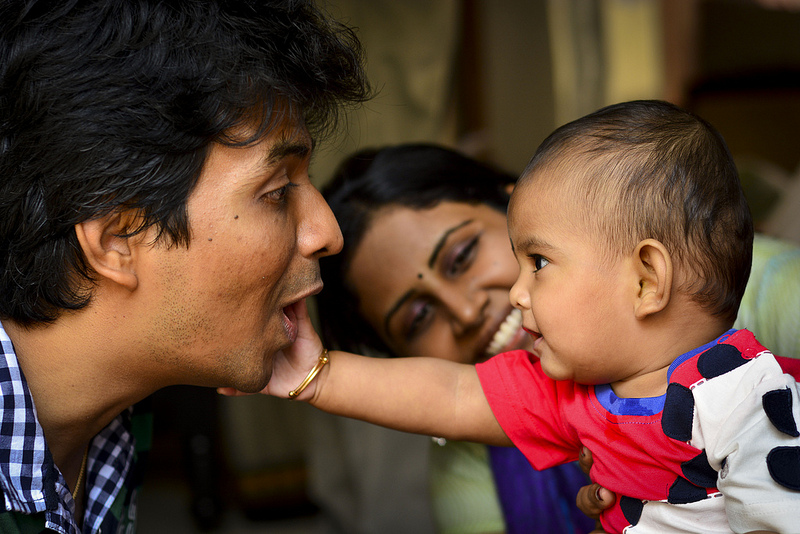
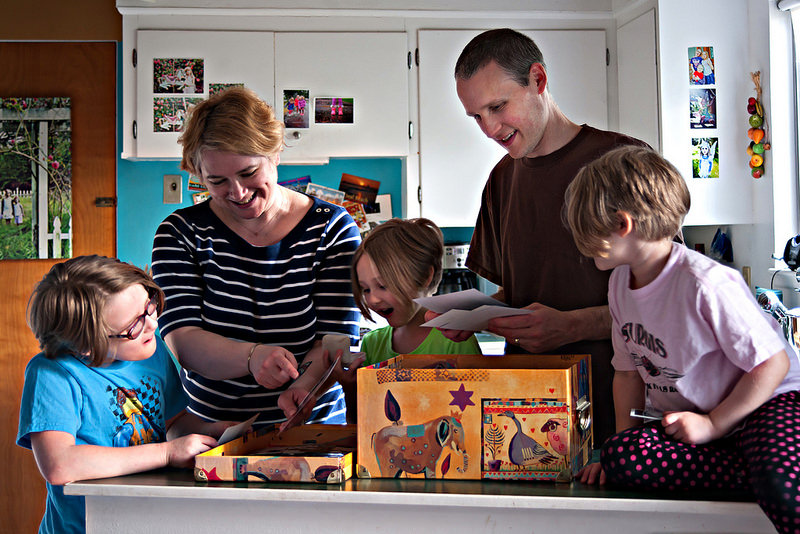
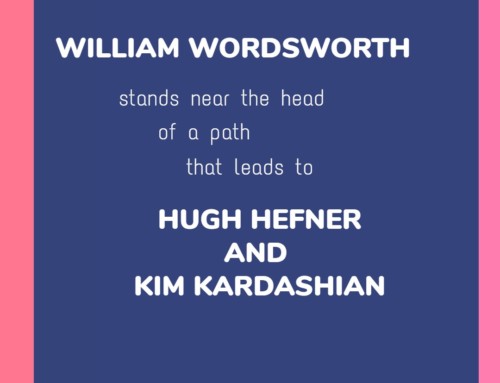
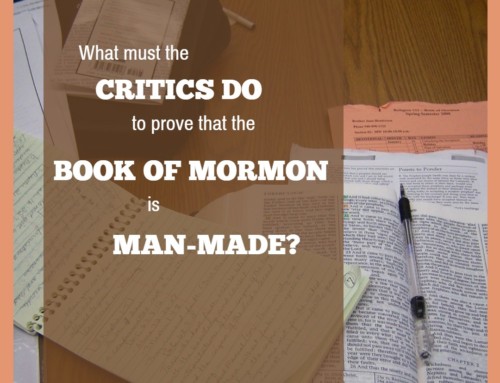

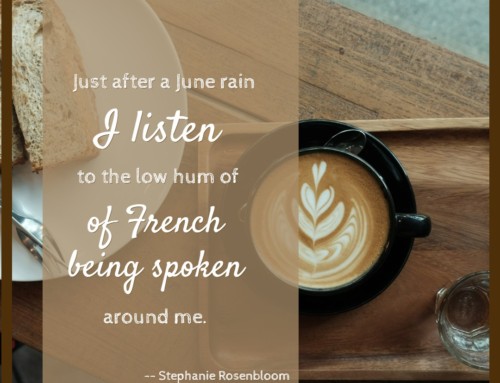
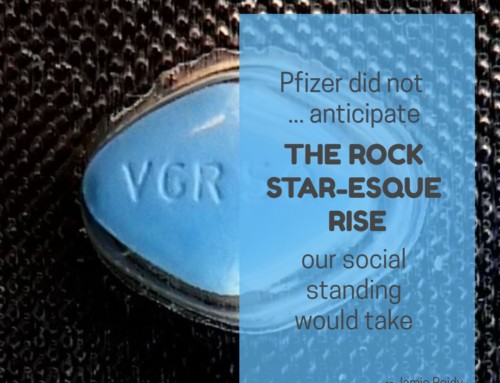
Leave A Comment